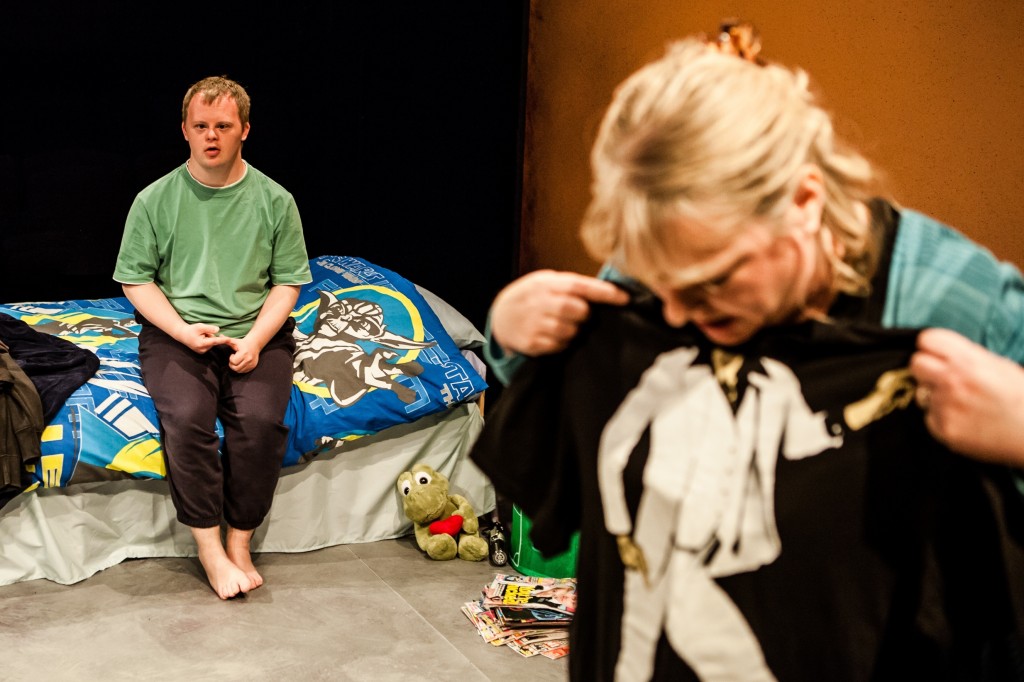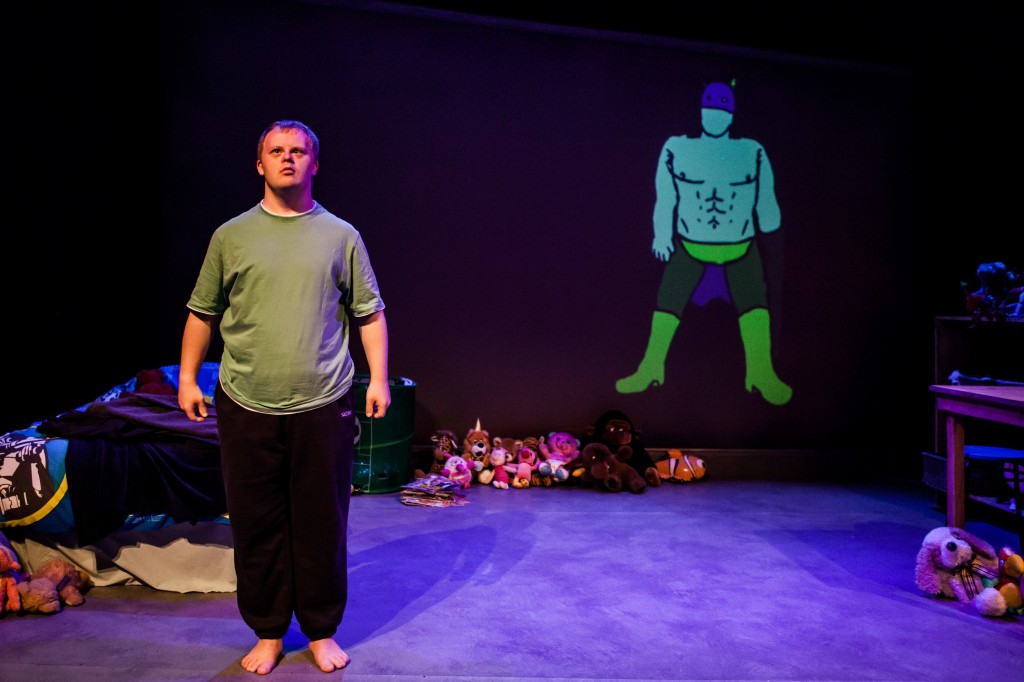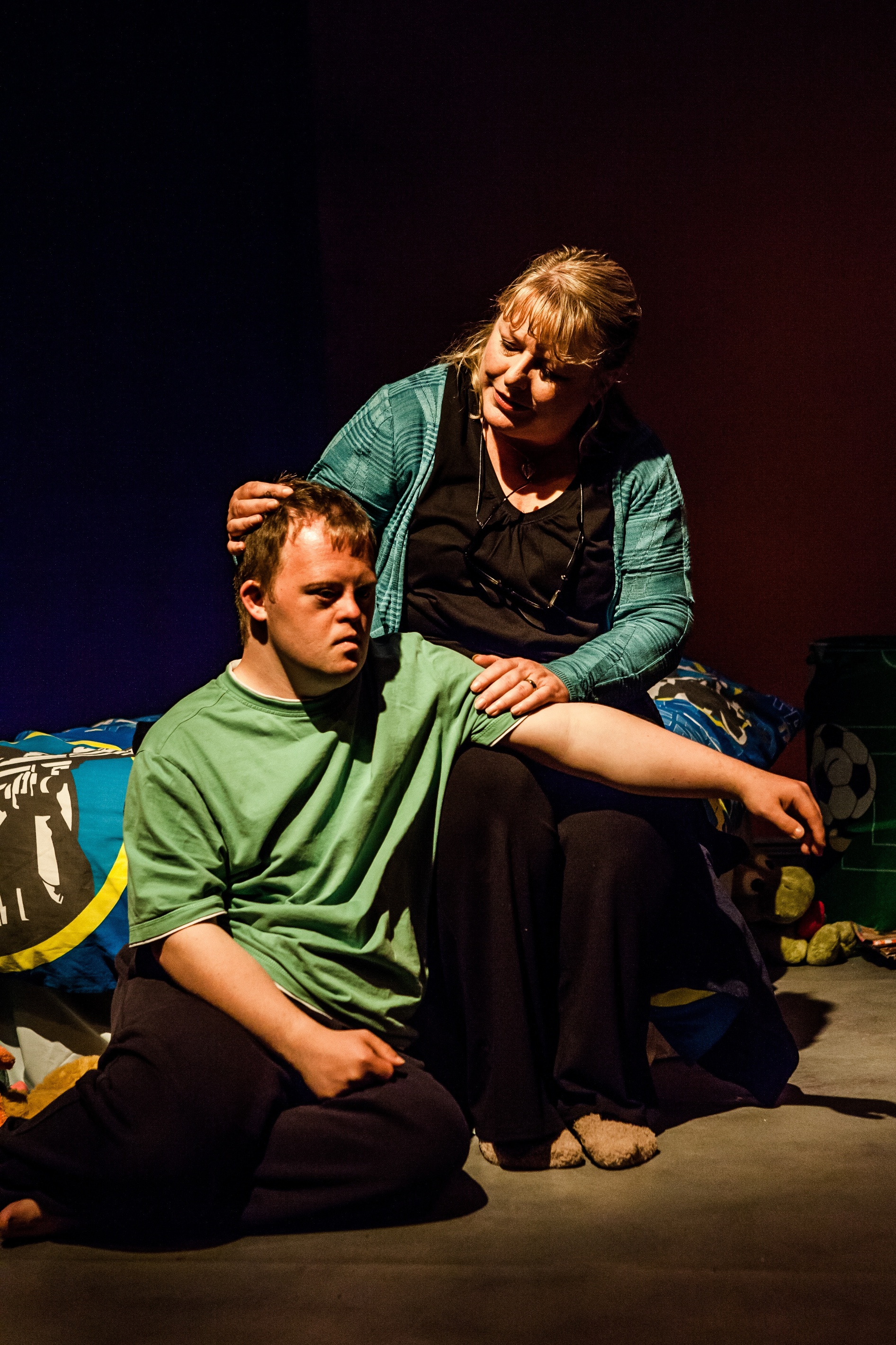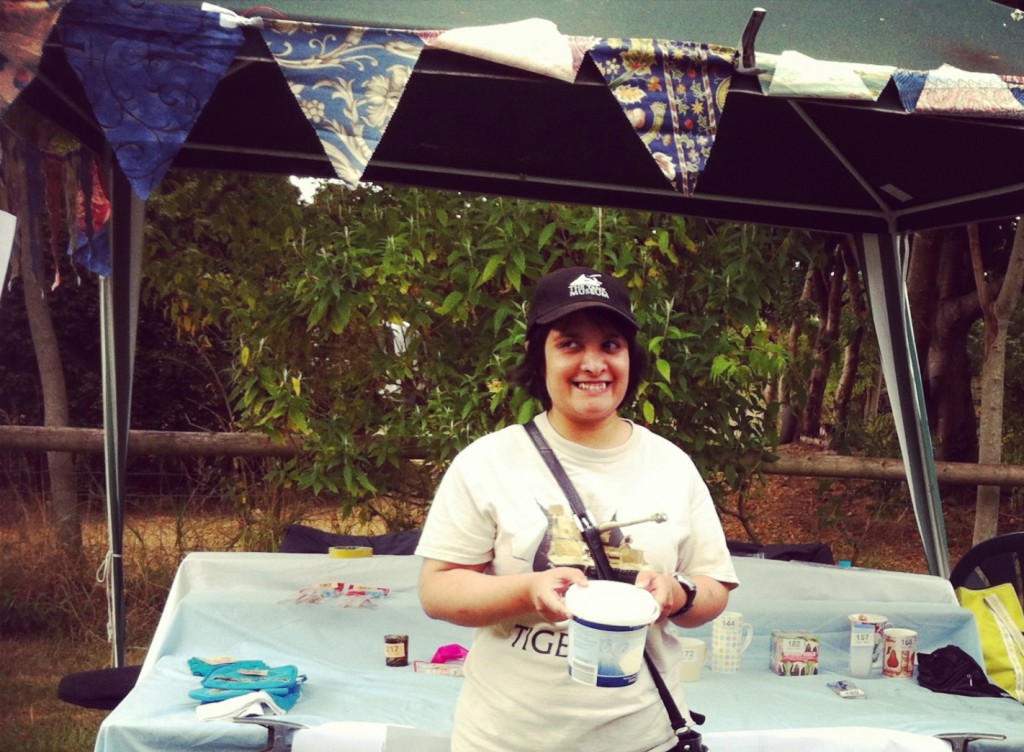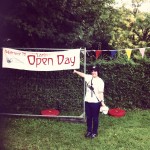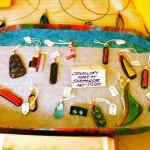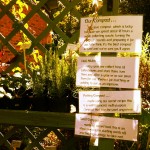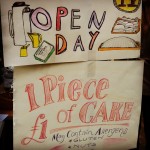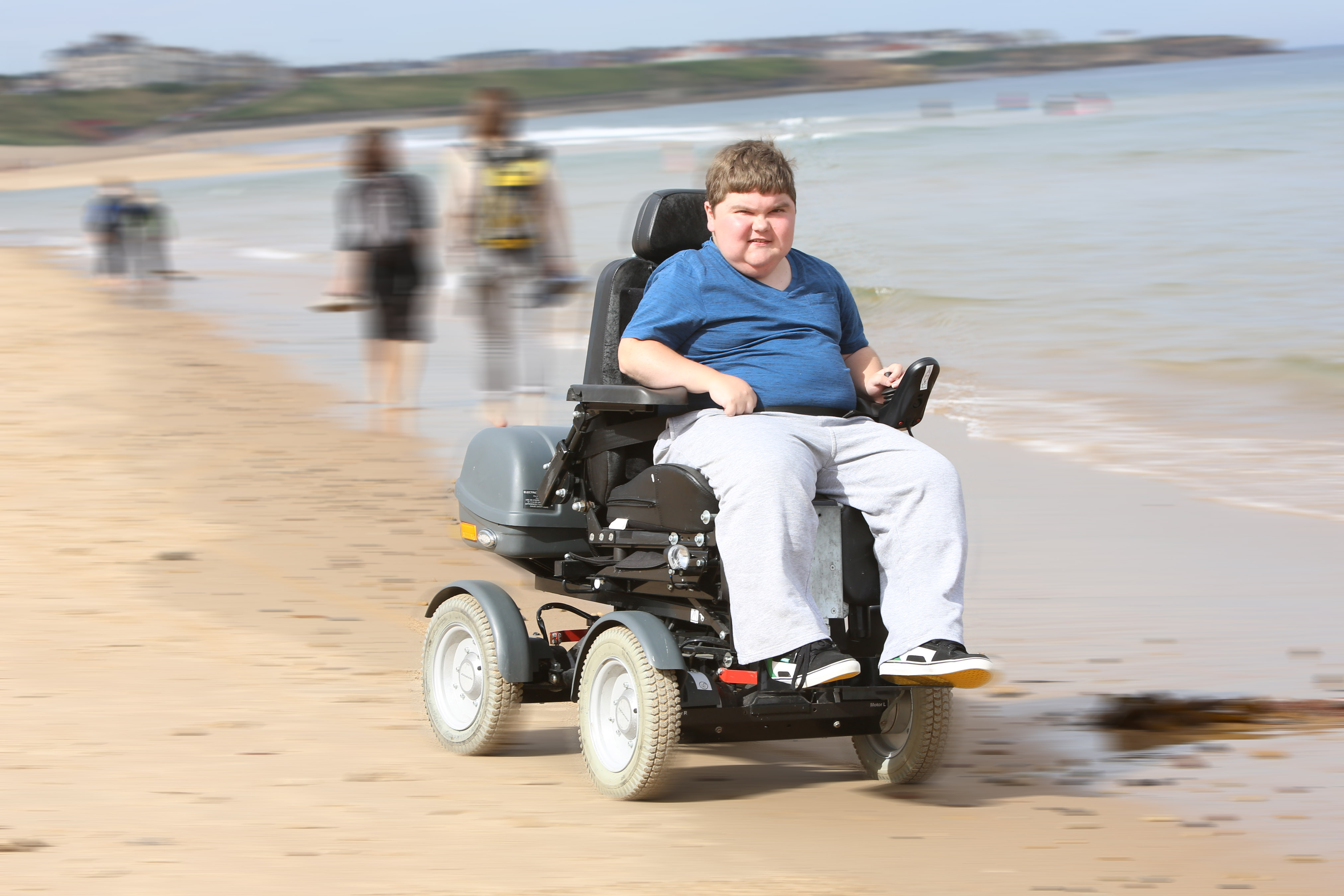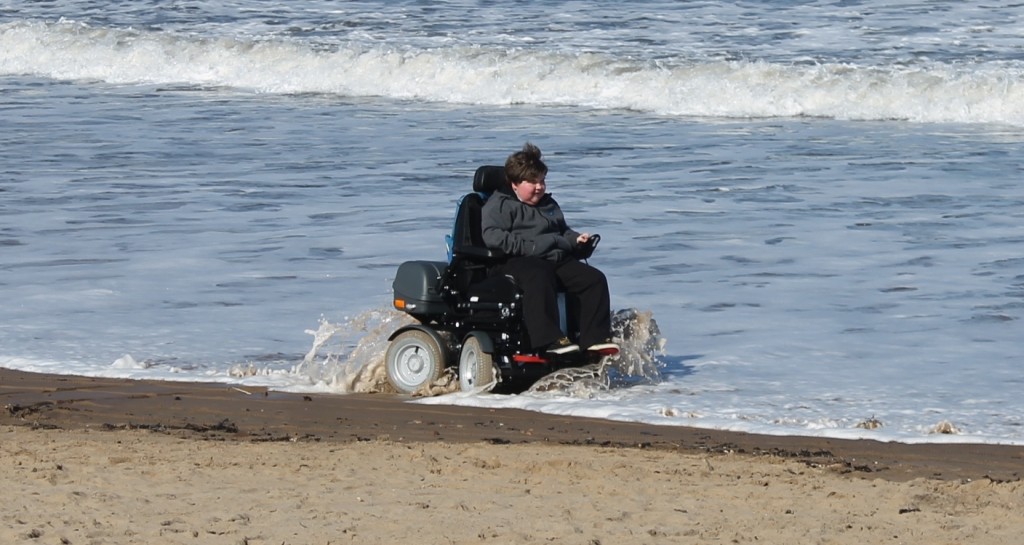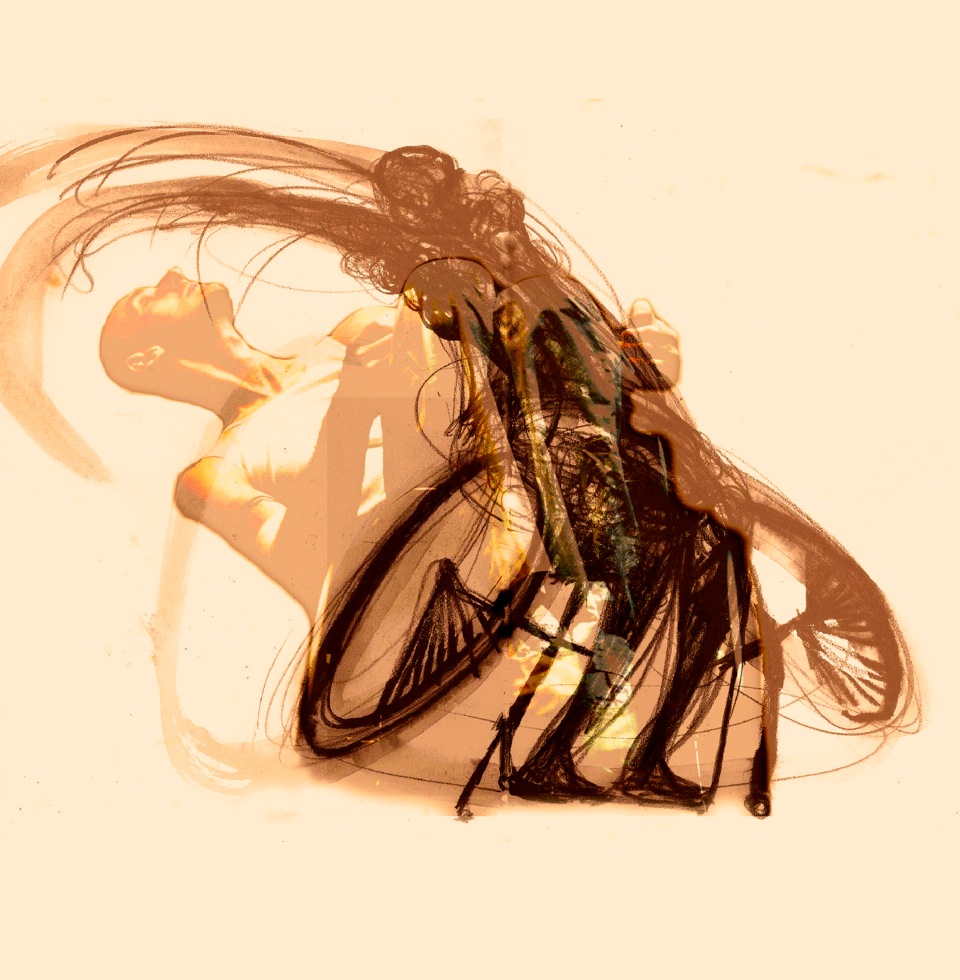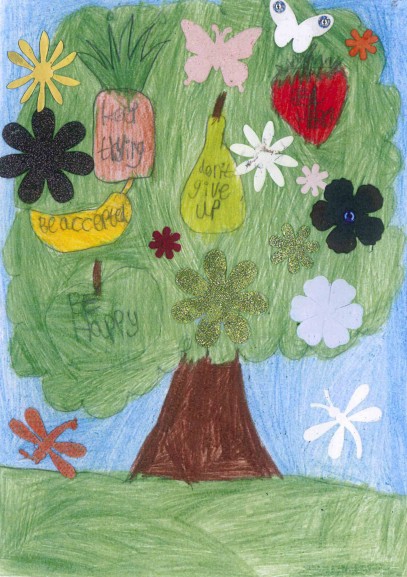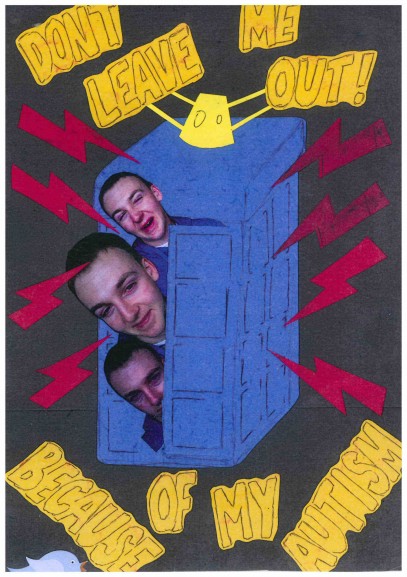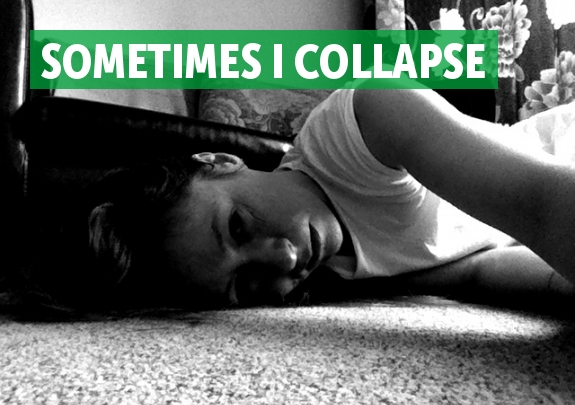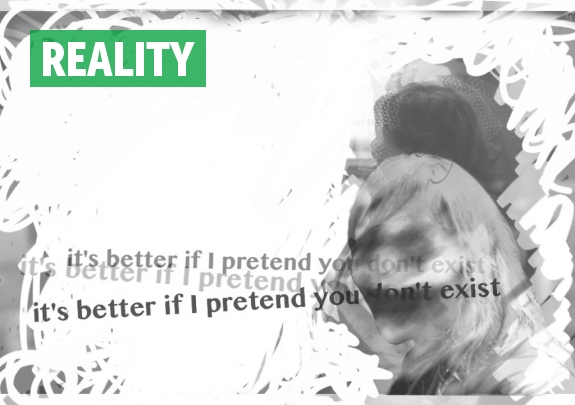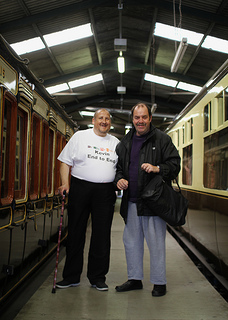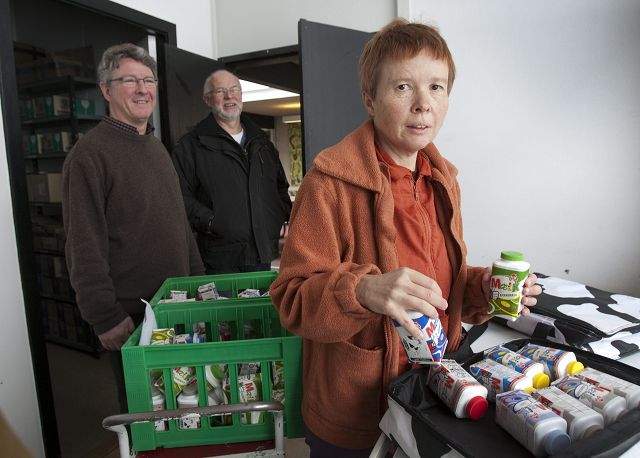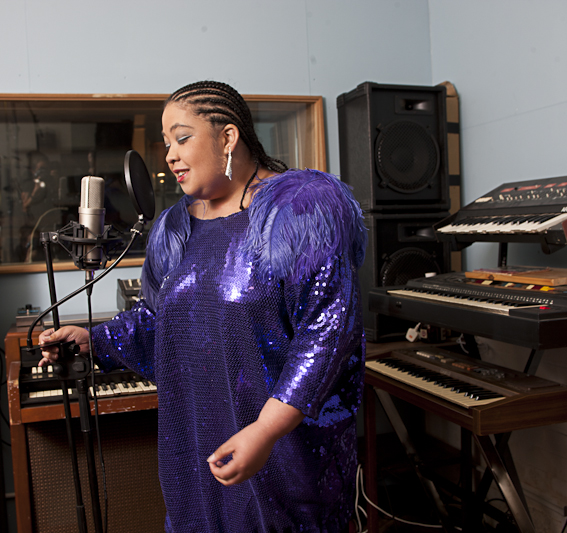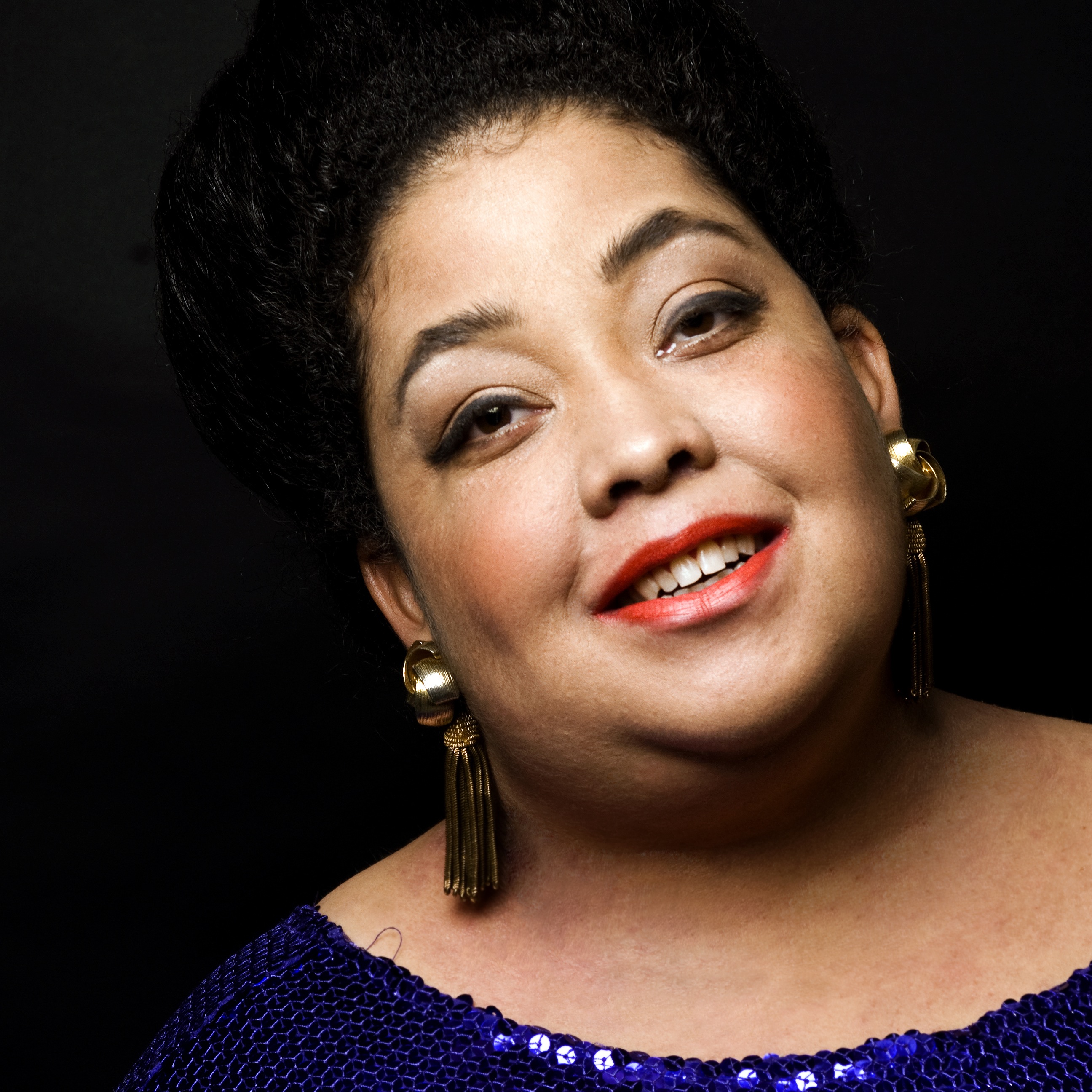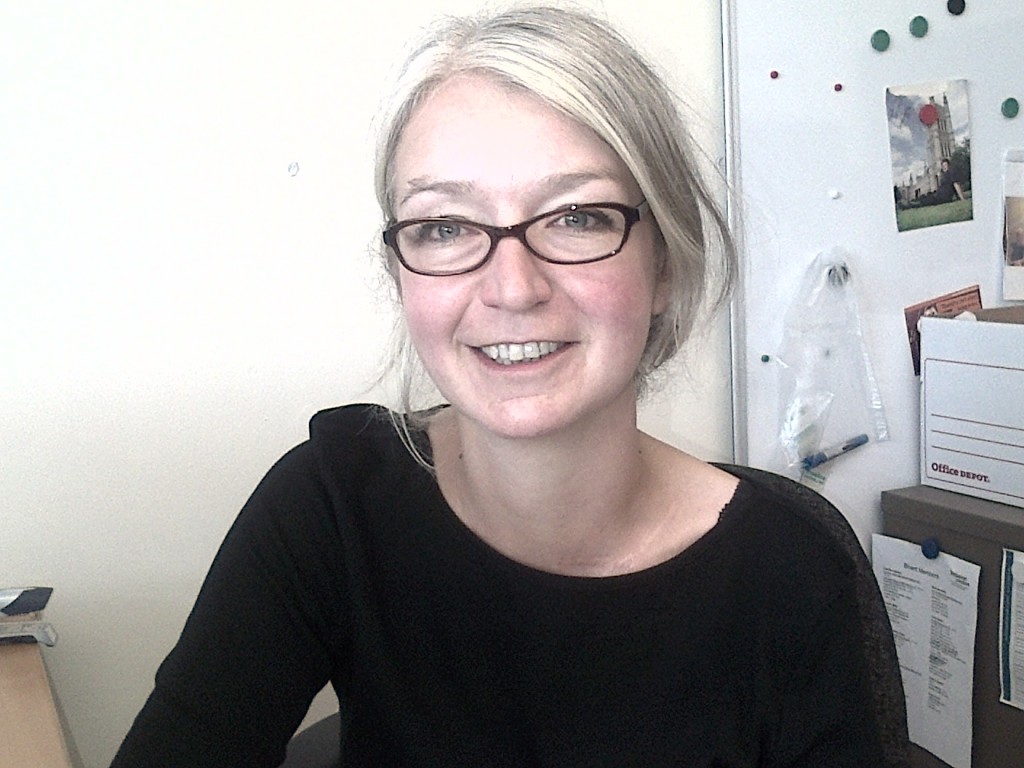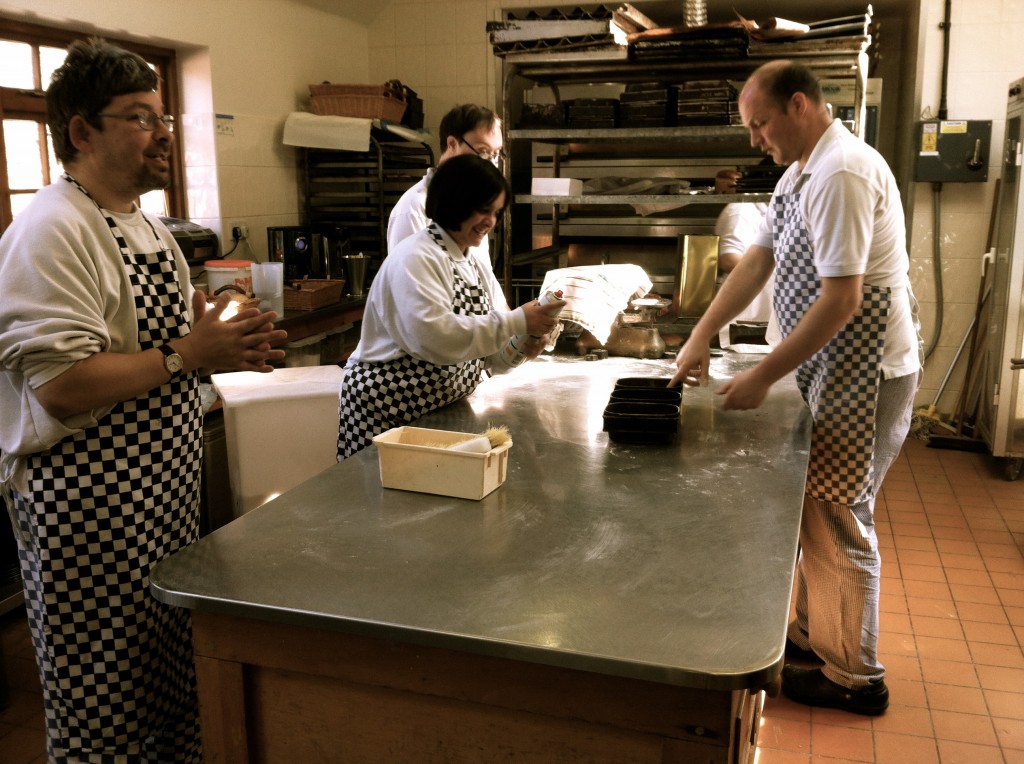
That this is a description of two punk bands currently touring the UK will hardly come as a shock. But the bands confound expectations in other ways; the gigs by Pertti Kurikan Nimipaivat (PKN), from Finland and Zombie Crash, a Brighton heavy metal band, represent the first time that two learning disabled bands will tour the country.
I’ve blogged before about PKN, the band is as likely to write lyrics arguing for respect and equality as it is to sing about avoiding trips to the pedicurist or to complain about residential care homes.
The four date tour, which began on Tuesday, is funded by the Arts Council England and organized by, Constant Flux, an arts organisation that provides opportunities to learning disabled musicians.
Richard Phoenix, who runs Constant Flux, explains: “Often when I talk to people about working with people with learning disabilities in music I encounter the “Aww…. That’s so nice” attitude, which isn’t intrinsically wrong in any way but it seems to me to represent a feeling that people with learning disabilities are only capable of emotionally neutered art, of things that are ‘nice’ and ‘happy’ which from my experience is completely off the mark.
“This tour is a perfect example to present people with something that totally challenges those perceptions, nothing about the bands music or performance is going to be ‘nice’ in any way shape or form. There will be shouting and swearing, with songs about not wanting to live in residential care, demands for respect and equality, songs about fighting, songs about sex.”
Richard says that the musicians’ uncompromising attitudes musical ability will shatter the stereotypical view of what people with learning disabilities can achieve, “this in turn will hopefully help positively affect attitudes toward those with learning disabilities”.
The fact the bands are touring is a vital part of the project, adds Richard. “Touring is something which is such a huge part of what it is to be a musician and being in a band, but for so long it has been extremely difficult to achieve within the learning disabled music scene because it can be such a financial and logistical nightmare.”
Kalle, who supports PKN, sums up the band’s gung-ho attitude: “They’re feeling very excited about this. They are used to playing gigs in tight schedules but never done this tight… but they don’t think about it. They love going abroad, even though some of them don’t really know, or care, where they are globally.”
Ryan, lead guitarist and vocalist with Zombie Crash, offers this response to the tour: “Metal unleashed from the learning disabled community! It means the ultimate activity for any band to put themselves through, to go on tour, to be as active as you possibly can. The fact that we’re doing this in the month of October and Halloween is the perfect timing for us to unleash hell!”
The fact the tour has promoted as a regular event – rather than as simply a “good cause” – should help “create situations where people with learning disabilities at a gig is normalised, where it’s not unusual or exceptional”, says Richard.
On a practical level, the touring musicians have to be supported. “Making this tour viable for learning disabled artists involved ensuring that, as vulnerable adults, the musicians were supported properly,” explains Richard, “so there are 22 of us on the tour, 10 band members and various members of support, some people require one-on-one support, there are members of creative support and musical facilitation, drivers and myself managing the tour.”
Safe, reliable accommodation has been booked in advance each night, unlike in the DIY touring network where you play a gig and don’t necessarily know where you’re staying that night. “The Arts Council was so important in making this whole thing happen…we’ve been able to book everything in advance and ensure that as much risk as possible is removed, also it has taken away the dimension of the tour being a success in a financial sense and has created a situation where it can be judged on it’s artistic merits.”
One interesting byproduct of the tour planning is that it has created debate about how best to promote the gigs. Richard adds: “The main question that is asked is that if the music can stand on its own then why does the element of disability have to come into the equation? There definitely is weight behind this argument, however in discussion with several artists with learning disabilities and parents and carers of artists, the over-riding feeling is that it is more important for these artists to be strong, empowered representatives of a largely under-represented and marginalised section of society.”
• The remaining tour dates are today, October 3, at Sheffield at Heeley Sport and Social Club (with Skiplickers and Amarous Dialogues) and Friday, October 4, in Brighton at The Green Door Store (with Good Throb and The Soft Walls). Both venues are accessible with accessible toilets and prices are £3 (carers free/donation only).
• Listen to more PKN on Soundcloud

